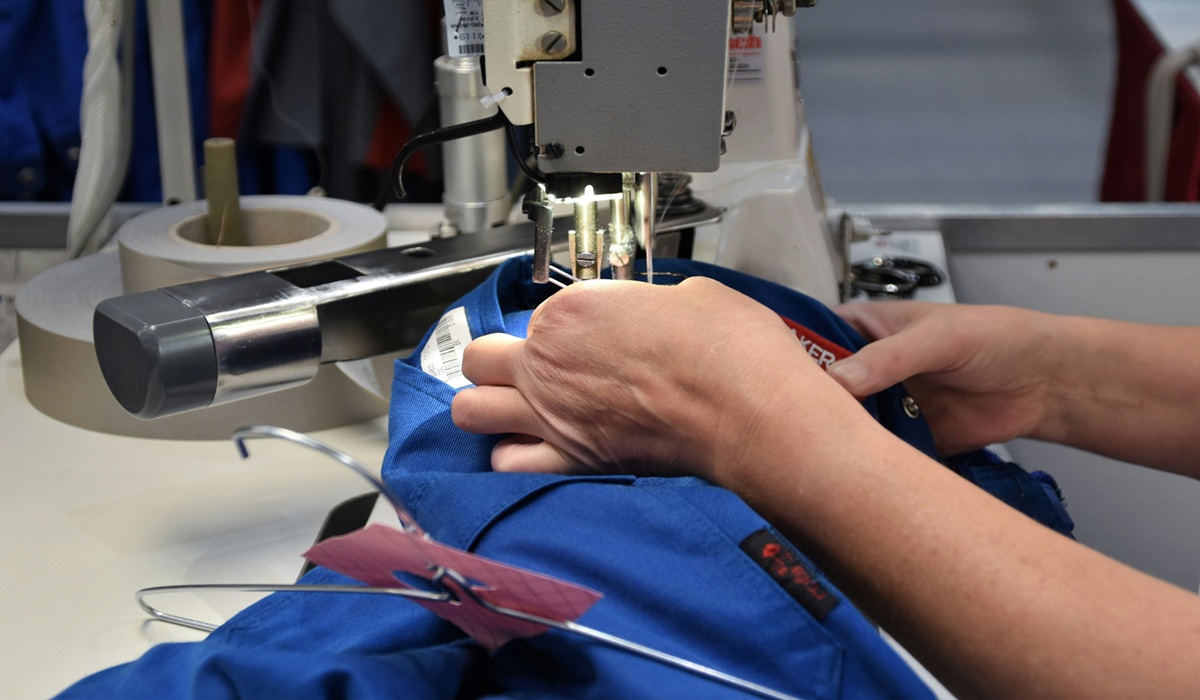Manitoba Marks Its First Garment Workers Day, Celebrating Decades of Dedication
- TDS News
- Western Canada
- September 19, 2025

By: Donovan Martin Sr, Editor in Chief
Image Credit: Waldemar Brandt
On Friday, September 19, 2025, the Manitoba Legislative Building was filled with colleagues, families, and friends for a historic moment: the province’s first official Garment Workers Day. The Minister of Labour was on hand, along with a packed house, to honour the contributions of garment workers who have helped shape Winnipeg’s industry and community over the past fifty years. The event marked not only a celebration of labour and dedication but also a reflection on the impact of immigrants who arrived decades ago and built lasting legacies in Manitoba.
Filipino garment workers played a pivotal role in the province’s industry. In the 1960s and 1970s, more than 1,200 Filipinos came to Winnipeg through recruitment programs, seeking new opportunities and a chance to support their families. These early workers helped establish a foundation for the garment sector, one that provided meaningful employment and became a stepping stone for newcomers to integrate into the city’s social and economic life.
Central to this story is Peerless Garments, a company that has been instrumental in providing employment and training opportunities for generations of workers. Albert El Tassi, who arrived in Winnipeg in 1969 as a schoolteacher and principal, eventually became President and Chief Executive Officer. Under his leadership, Peerless Garments became more than a factory. It became a place where workers could grow their skills, contribute to their families, and take pride in their work. His role in the company reflects the broader theme of Garment Workers Day: recognising the value of labour and the impact that opportunities, guidance, and supportive leadership can have on people’s lives.
While the celebration acknowledged the success of the industry as a whole, it also highlighted stories of individual and collective achievement. For decades, garment workers have provided more than the products they create—they have strengthened communities, fostered cultural connections, and built families and neighbourhoods in Winnipeg. The event recognised both their hard work and the ways in which they have helped shape Manitoba’s identity.
The El Tassi family has also contributed to the community beyond the workplace. Through ongoing support of local initiatives and organisations, they have helped ensure that Peerless Garments remains a place where people can not only earn a living but also find a supportive environment in which to thrive. This commitment has reinforced the company’s role as a space where newcomers and locals alike can develop skills, grow in confidence, and participate meaningfully in the community.
Throughout the ceremony, it was clear that Garment Workers Day is as much about the people who do the work as it is about the companies that provide opportunities. Workers shared memories of mentorship, teamwork, and the pride that comes with building a career. The day served as a reminder that recognition of labour, no matter how long overdue, matters. It is about acknowledging the dedication, resilience, and skill that have driven Manitoba’s garment industry for decades.
This first Garment Workers Day also offered a broader reflection on the value of work in building community. The contributions of Filipino immigrants, in particular, have had a lasting impact on Winnipeg’s social and economic landscape. From the earliest arrivals to the present day, their efforts have extended beyond the factory floor—shaping families, supporting neighbourhoods, and enriching the city’s cultural life. The official recognition ensures that these contributions are remembered and celebrated not only by those who lived them but by the province as a whole.
Albert El Tassi’s presence at the event symbolised the link between leadership, opportunity, and the workforce that has made Peerless Garments a cornerstone of the industry. The company’s longevity and the loyalty of its employees speak to the way that meaningful work, supported by understanding and guidance, can create lasting impacts. However, the focus remained on the workers themselves—the individuals who have laboured, learned, and grown over the decades, and whose stories form the heart of Garment Workers Day.
Looking back over fifty years, it is clear that the garment industry in Manitoba is built on more than production; it is built on people. The first Garment Workers Day celebrated this truth, honouring both the work itself and the workers whose dedication has shaped the province. It served as a reminder that when communities recognise the value of labour and provide opportunities for people to succeed, the benefits extend far beyond the workplace, enriching families, neighbourhoods, and society at large.
As Manitoba marks this historic day, the legacy of garment workers is celebrated not only for the economic contributions they have made but for the personal and communal impact of their work. The event reaffirmed the importance of acknowledging effort, providing opportunity, and recognising the human stories behind every stitch, seam, and finished garment. Garment Workers Day is now a permanent fixture on the province’s calendar, a celebration of work, community, and the enduring impact of those who have dedicated themselves to building Manitoba’s industry and society.








